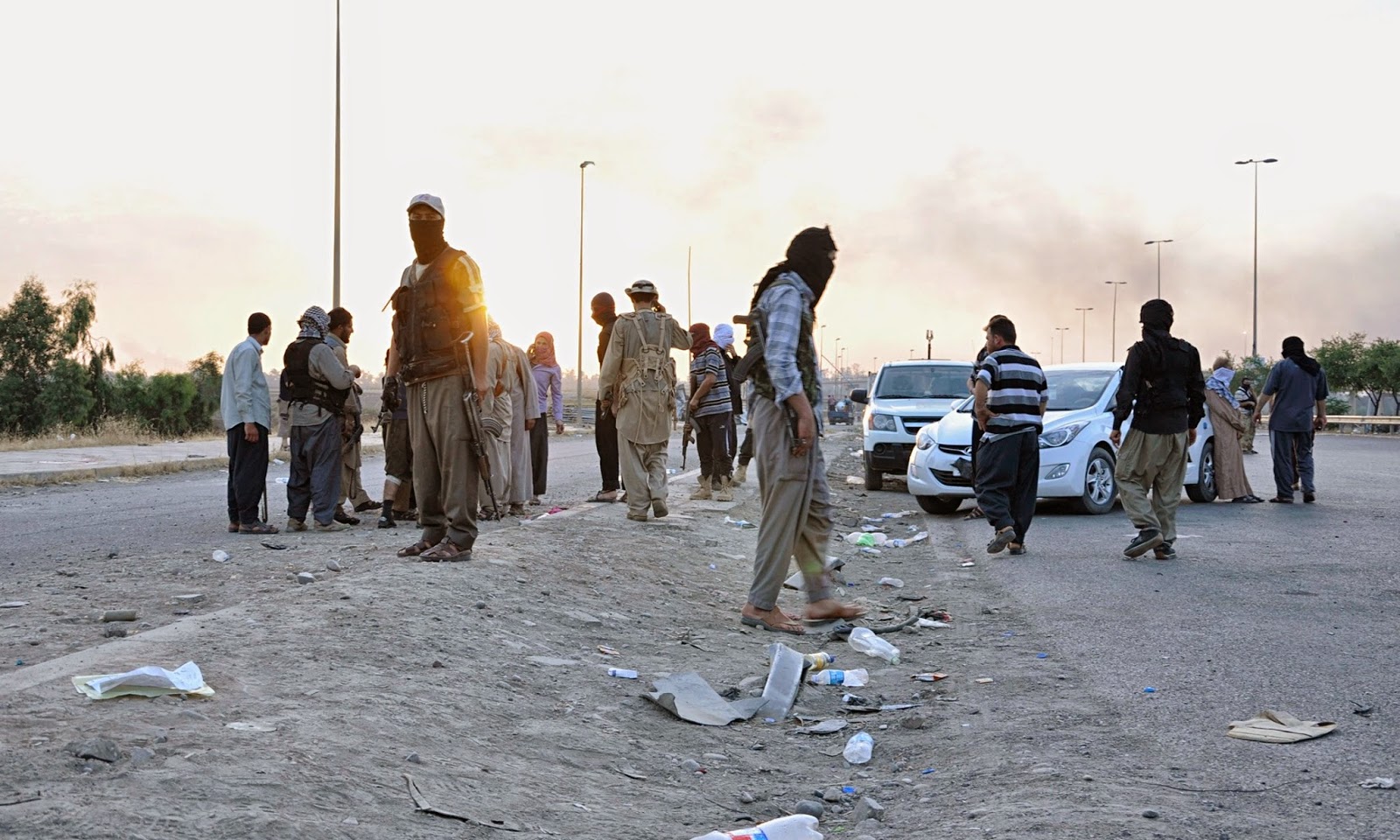Australian Counter-Terrorism Lawmaking
Ongoing civil wars in Syria and Iraq are making the job of police and security agencies in Australia even more complex and daunting than usual. An increase in the number of young men going overseas to fight in these civil wars carries with it the risk they will bring newly acquired violent skills back to Australia. Other countries, including those in Europe, are also responding to perceived increases in terrorism risks. We may be of many faiths but we are Australians first so shouldn't be ruled by religion.
The Federal Attorney-General, Senator Brandis, discussed these issues with the peak Islamic leadership (senior Imams) on Wednesday, July 2, 2014. Senator Brandis said "The Abbott government is absolutely determined that the troubles in the Middle East will not have an impact of Australia's domestic population. We acknowledge that this is an important national security issue." Sheikh Saleem, a member of the National Imams Council responded that "It is a matter for all of us…to build a secure and peaceful Australia and this a very challenging time [. The] news that over 60 Australians are participating in war in Syria and Iraq is a shock to every individual Muslim in this country."
To address these heightened concerns about international and home-grown terrorism the Government is scheduled, on July 14, 2014, to introduce a range of proposed amendments to national security legislation into Parliament. This will be followed by more proposed amendments over the next few months. These initial proposed amendments concern: Australian police and security agencies' powers to conduct surveillance in countries where governance has broken down; powers to monitor and disrupt suspect computer networks; suspension of passports; and other issues. These represent the most major proposed changes to counter-terrorism laws since those introduced by the Howard Government in 2005. The amendments are mainly based on recommendations of a parliamentary committee inquiry into intelligence and security. These are contained in a report tabledunder the previous (Labor) Government last year. The proposed amendments also draw on recommendations in the latest Annual Report of the outgoing Independent National Security Legislation Monitor (INSLM), Bret Walker.
Checks and balances are important particularly over major changes to counter-terrorism laws, but it appears one check is to be abolished. While major counter-terrorism amendments are about to go before Parliament the Government is recommending that (to save money and reduce duplication) the position of INSLM be terminated (see this Brisbane Times article). Bret Walker wrote on page 3 of the 2014 INSLM Annual Report: "The INSLM is not aware of any other officer, agency or "level" of government doing what Parliament required to be done by the INSLM Act enacted in 2010.''
Australia's concern over heightened radicalism caused by the Syrian and Iraqi civil wars has also been felt by other Western countries including those in Europe. More than 300 Germans and 2,000 – 3,000 other Europeans are estimated to be involved in Syrian and Iraqi fighting.
It is thought that most Europeans and Australians who are involved have used Turkey as the initial entry point by walking, or been driven, over the Turkish border into Syria. McClatchy News reports that since 2011 Turkey has not banned this movement of young men crossing over the Turkish border to fight in Syria or Iraq. Religious differences may play a part in this situation. Most Turks are Sunni, like most anti-government insurgents in Syria and Iraq, while Syrian and Iraqi government forces are mainly Shiite.
McClatchy News reports an aspect of what might be a relatively humanitarian German approach to terrorism issues :"Claudia Dantschke, a German specialist in Islam who tries to identify and counsel families where the young people are at risk of choosing the fight, says the official reaction struggles to keep up with the increased intensity of recruiting actions." She wrote in an email "The public awareness for the problem of young people from Germany joining the jihad has increased, so more families are turning to us for help." She says Germany faces "a massive increase in propaganda from recruiters for [Islamic State of Iraq and Syria (ISIS)]…[ISIS] have Germans spreading their propaganda on Facebook in German, in groups frequented by teenagers and on pages of people they identify with. The extent and effect of this radical direct approach is a new thing."
Pete
